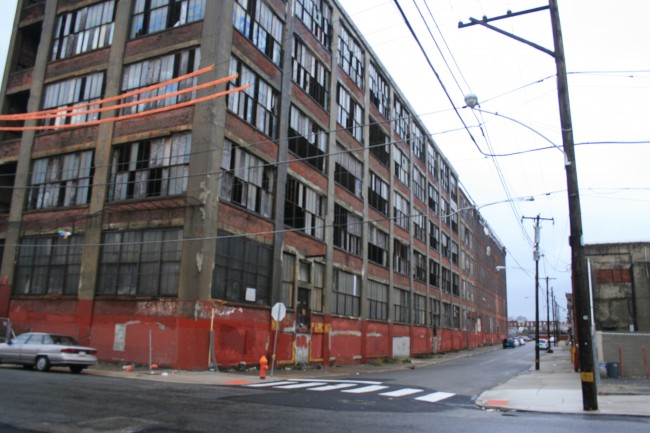Commercial Rehabilitation Tax Exemptions Expanded
 On July 12, 2011, the Michigan Legislature enacted P.A. 81 of 2011 amending the Commercial Rehabilitation Act (P.A. 210 of 2005). Under the original Act, vacant commercial property, fifteen (15) years or older, consisting of 1,000,000 square feet of space that is forty (40%) percent or more vacant for twelve (12) or more consecutive months may qualify for a Commercial Rehabilitation Exemption Certificate (CREC).
On July 12, 2011, the Michigan Legislature enacted P.A. 81 of 2011 amending the Commercial Rehabilitation Act (P.A. 210 of 2005). Under the original Act, vacant commercial property, fifteen (15) years or older, consisting of 1,000,000 square feet of space that is forty (40%) percent or more vacant for twelve (12) or more consecutive months may qualify for a Commercial Rehabilitation Exemption Certificate (CREC).
The recently enacted P.A. 81 of 2011 modifies Section 2 of the original Act, specifically modifying various definitions. The primary adjustment was to redefine the term “qualifying facility” to include (in addition to the aforementioned vacant commercial property qualifications): qualified retail food establishment (supermarket, grocery store, produce market or delicatessen) and hotel/motel with meeting or convention space that is attached to a convention/trade center. This will allow for these types of vacant commercial structures that qualify under the terms described in Act 81 of 2011 to apply for a CREC.
A CREC provides for an exemption from ad valorem property taxes for a period not to exceed ten (10) years. The exemption occurs during the period of renovation and immediately following. The CREC application process is similar to the Industrial Facilities Exemption Certificate (P.A. 198 of 1974, as amended) and the Obsolete Property Rehabilitation Exemption Certificate (P.A. 146 of 2000) procedures which require establishment of a district, and application review and approval by both the local government and the State Tax Commission. All three (3) programs provide tax incentives for rehabilitation, renovation and in some cases, new construction of existing vacant or obsolete commercial or industrial properties.
